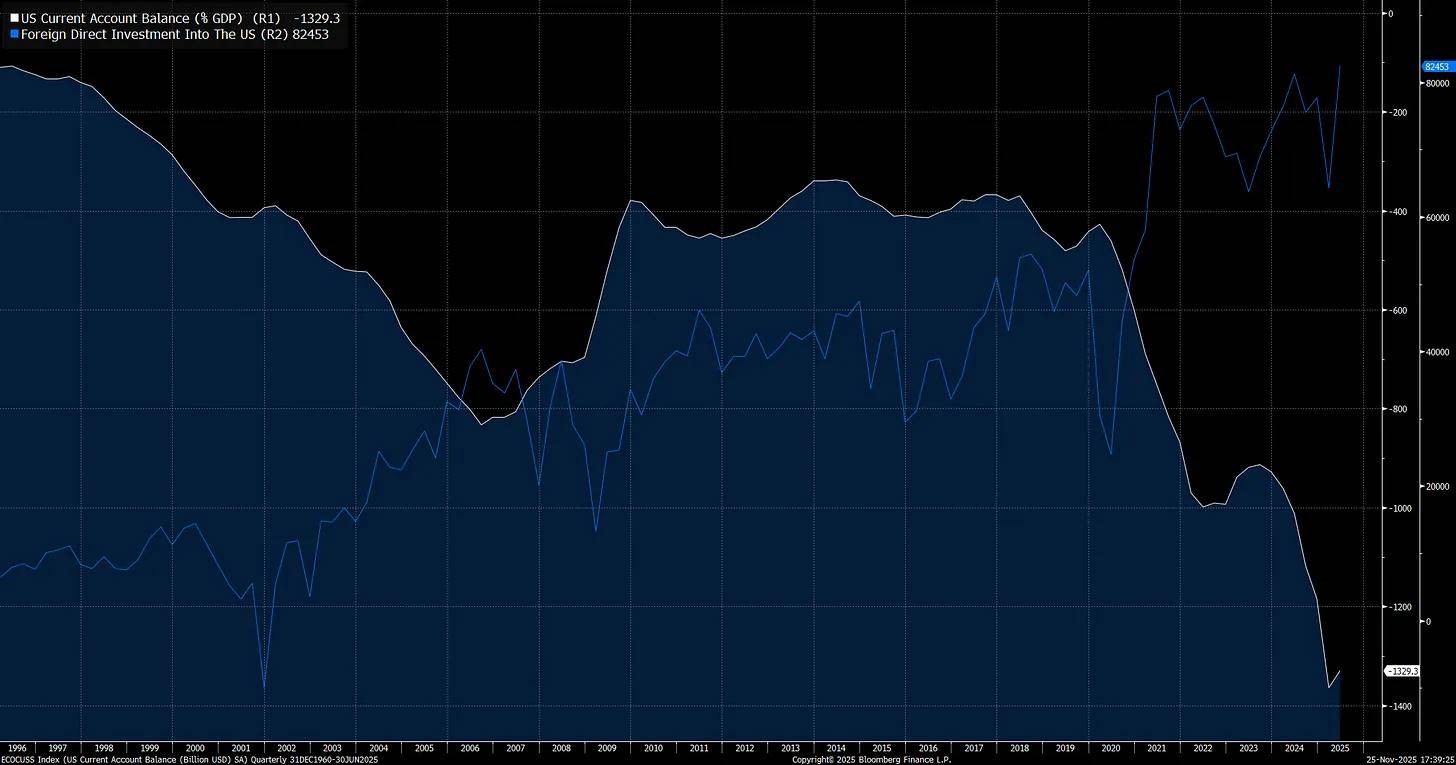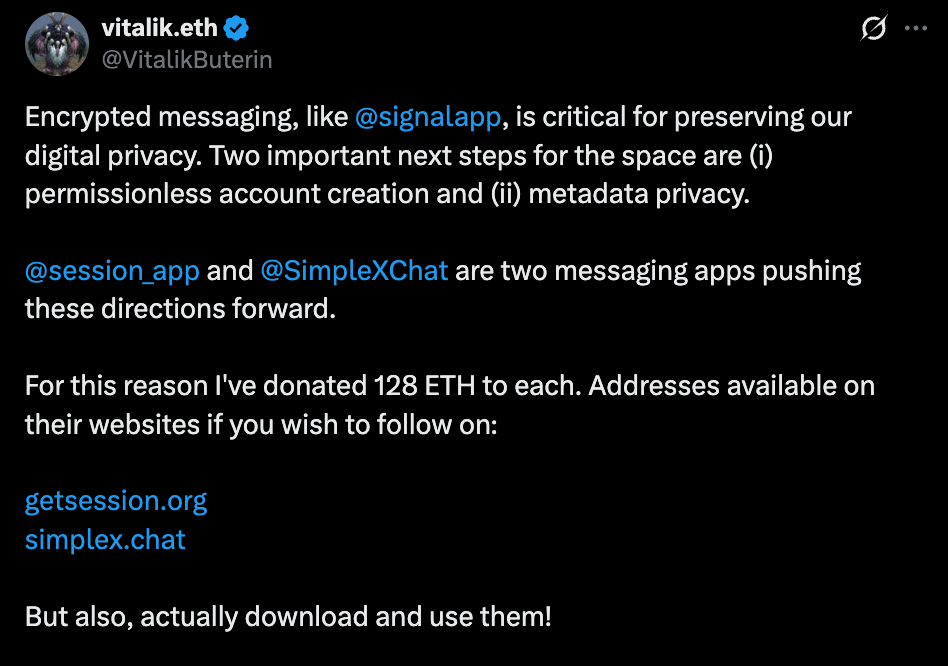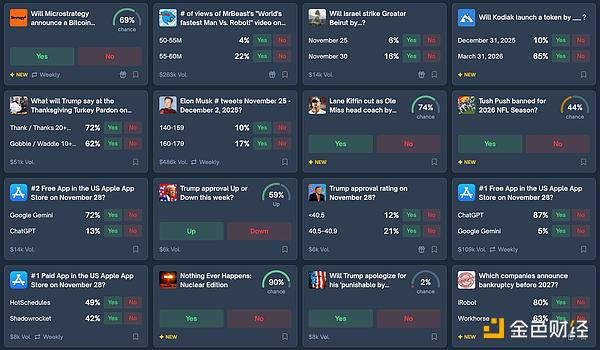VanEck’s JitoSOL ETF Sparks Debate on Staking Yields vs Solana Price Action
anEck’s JitoSOL ETF proposal highlights the divide between traders focused on price swings and investors seeking long-term staking yields. With SEC recognition of LSTs, the ETF could signal mainstream adoption of staking-based products.
VanEck’s recent ETF filing has reignited debate over whether staking yields or raw price performance matters more for long-term investors.
The firm, which has been at the forefront of the push for more digital asset exchange-traded funds (ETFs), filed with the SEC for the first spot Solana ETF fully backed by a liquid staking token (LST)—JitoSOL.
Analysts Debate Staking Yield vs Price Action
If approved, the VanEck JitoSOL ETF would become the first 100% LST-backed ETF in the US. This would mark a new stage in the institutionalization of staking-based products.
Huge news today for Jito, Solana, and defi in the US!The @vaneck_us JitoSOL ETF S-1 was just published – this will be the first 100% LST ETF!We've long said a 100% staked ETF will offer investors the best product and we're excited to see @vaneck_us pushing forward here
— buffalu (@buffalu__) August 22, 2025pic.twitter.com/nx0UyjYvlK
The announcement immediately fueled discussion among analysts. While community sentiment reflected optimism, one user noted that staked SOL outperformed Ethereum, Solana, Bitcoin, and Staked Ether since Solana launched.
Staked SOL has outperformed ETH, SOL, BTC and staked ETH since Solana launched
— StrategicHash (@StrategicHash) August 23, 2025
Against this backdrop, researcher Tom Lombardi questioned the relevance of staking yield for JitoSOL. This is in terms of its impact on the Solana price.
More closely, the analyst highlighted the mismatch or potential disconnect between short-term price momentum and long-term staking benefits.
“SOL is up 13.6% in one day. Staking yield is 0.02% in one day. Sooooo why does yield matter again? Lombardi stated.
However, according to Matthew Sigel, VanEck’s Head of Digital Assets Research, investors should focus on the long-term compounding advantage of staking rather than immediate price impact.
“During a 50% drawdown, 6% yield won’t save you. But when SOL returns to ATH, the staker is well above breakeven while the non-staker is not. That’s the quiet power of compounding. Always overlooked. Preps your portfolio for drawdowns and dilution,” Sigel posted.
Meanwhile, the debate suggests a broader divide. On the one hand, short-term traders focus on price swings.
On the other hand, asset managers, among other investors, increasingly focus on compounding yield as a risk buffer during market cycles.
Has the SEC Opened the Door for LST ETFs?
Jito, the Solana-focused staking protocol behind JitoSOL, framed the ETF filing as a milestone after almost a year-long pursuit.
“This filing represents a culmination of 8 months of collaborative work with SEC staff to establish clear regulatory frameworks for Liquid Staking Tokens,” the team announced.
The SEC’s 2025 guidance, recognizing LSTs as technical receipts representing staked assets plus rewards, has effectively cleared the compliance path.
Jito emphasized that ETFs’ advantages include liquidity discipline, investor-friendly economics, clean NAV mechanics, and closer network alignment. Notably, all these are critical elements for winning institutional trust.
“We’ve long said a 100% staked ETF will offer investors the best product, and we’re excited to see VanEck pushing forward here,” wrote Lucas Bruder, co-founder and CEO of Jito Labs.
For VanEck, the JitoSOL ETF is part of a strategy to bring staking economics into regulated wrappers. The financial instrument bridges the gap between emergent blockchain infrastructure and traditional allocators.
With Solana gaining traction as an institutional-grade blockchain, the ETF could offer exposure that blends yield, liquidity, and compliance.
Whether investors ultimately prioritize staking yields or pure price action, the filing signals that staking-based products are moving squarely into the regulated mainstream.
Disclaimer: The content of this article solely reflects the author's opinion and does not represent the platform in any capacity. This article is not intended to serve as a reference for making investment decisions.
You may also like
Interview with VanEck Investment Manager: From an Institutional Perspective, Should You Buy BTC Now?
The support levels near $78,000 and $70,000 present a good entry opportunity.

Macroeconomic Report: How Trump, the Federal Reserve, and Trade Sparked the Biggest Market Volatility in History
The deliberate devaluation of the US dollar, combined with extreme cross-border imbalances and excessive valuations, is brewing a volatility event.

Vitalik donated 256 ETH to two chat apps you've never heard of—what exactly is he betting on?
He made it clear: neither of these two applications is perfect, and there is still a long way to go to achieve true user experience and security.

Prediction Market Supercycle

